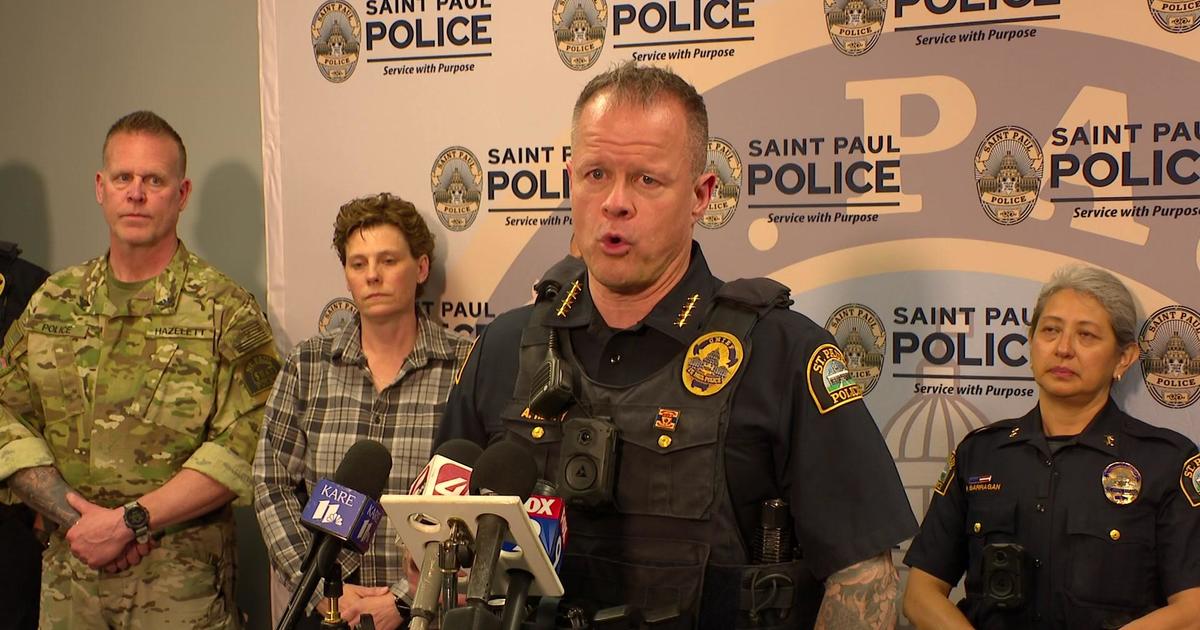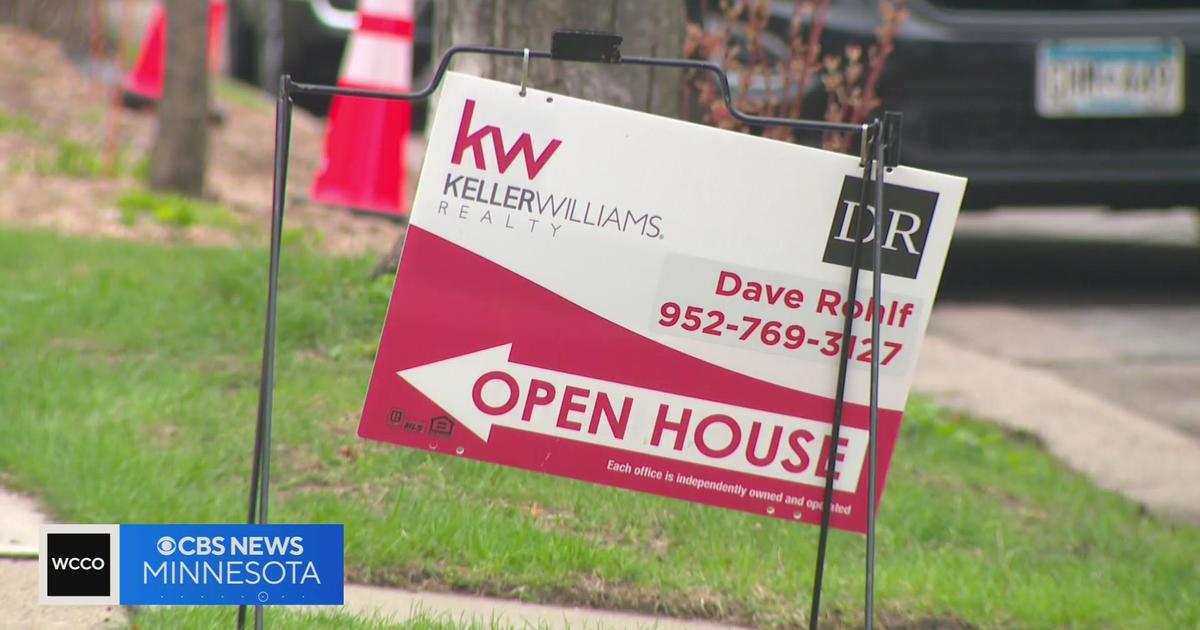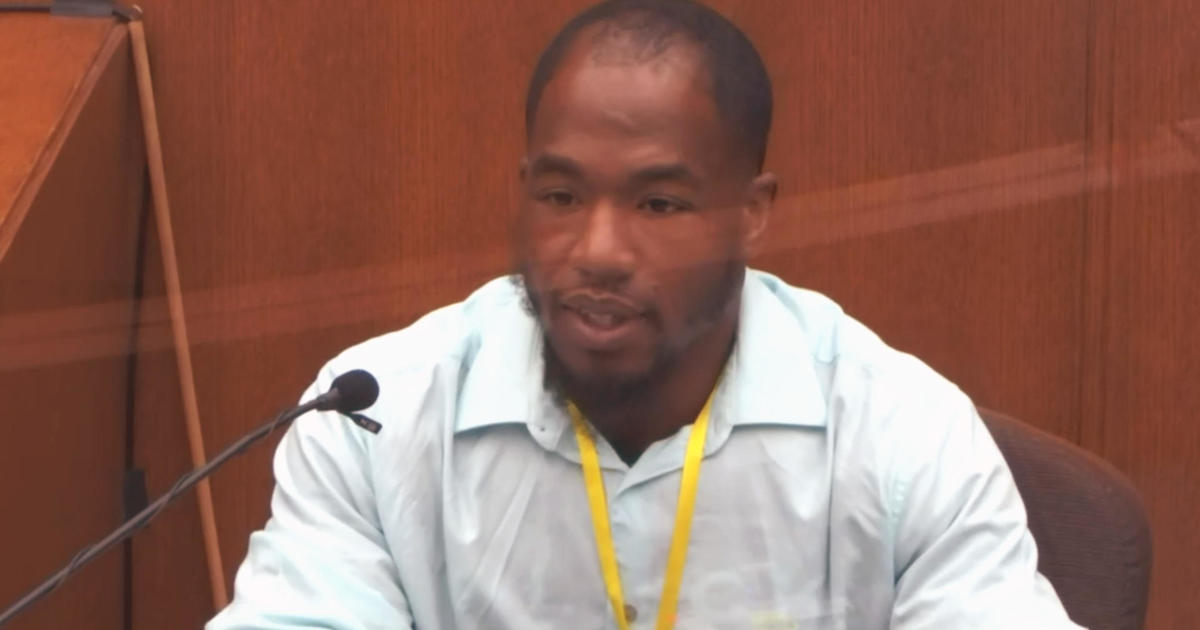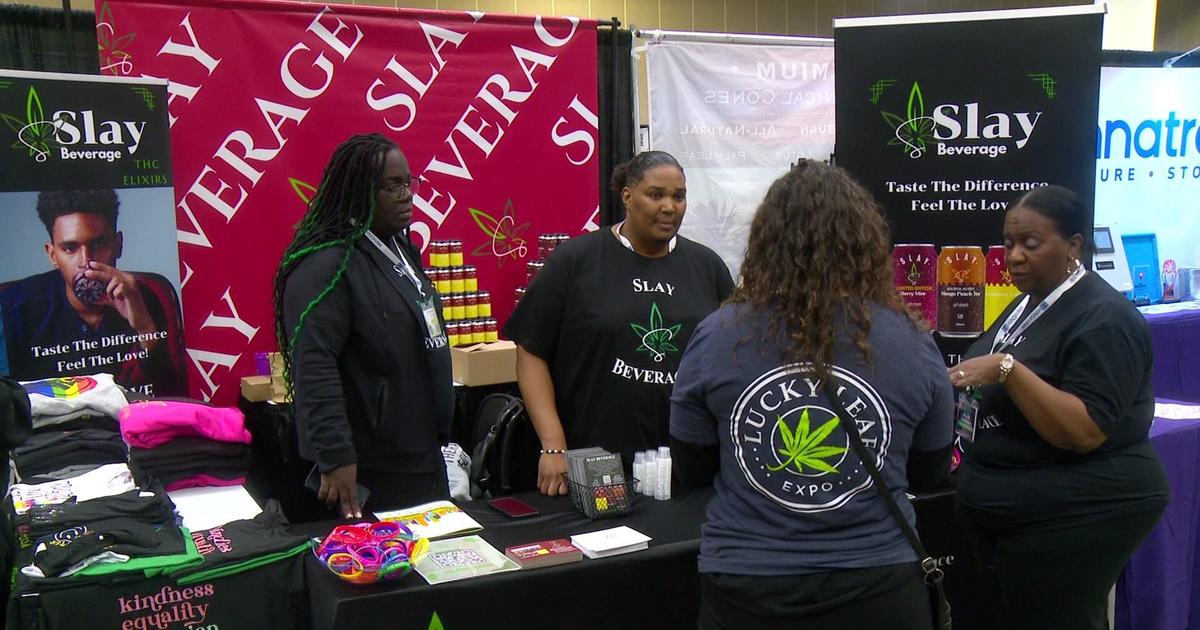What Happens If Derek Chauvin Is Convicted, Or If He's Acquitted?
This story was originally published on April 16, 2021
MINNEAPOLIS (WCCO) -- The fate of Derek Chauvin should be in the hands of the jury by Monday afternoon. Monday morning both sides will give their closing arguments and then the jury begins deliberations. They'll be sequestered, meaning they'll spend the night in a hotel and be escorted by deputies to and from the courthouse.
Should Chauvin be found not guilty on all charges, he will walk out of the courtroom a free man. If he is convicted on any of the three counts, he will be immediately taken into custody.
"Right from the courtroom, he will go to jail and he will be held in jail until sentencing. If there is a prison sentence, which of course there would be, he would go to prison," attorney Joe Tamburino said.
Chauvin is charged with second-degree murder, third-degree murder, and second-degree manslaughter in the death of Floyd. Under sentencing guidelines, he could get 12 and a half years on either second-degree unintentional murder or third-degree murder. Second-degree manslaughter would be four years.
If there is a conviction the jury will have a second job to do. The jury will have to go back and deliberate on whether any aggravating factors existed.
The first possible aggravating factor is whether the victim was "treated with particular cruelty." The second is if a child was present. Witnesses at the scene and who testified included two teens who were 17 at the time, as well as a 9-year-old.
"If they find aggravating factors the judge could go all the way up to the statutory maximum, which for count one is up to 40 years, count two up to 25 years, and count three up to 10 years," Tamburino said.
If Chauvin is in fact acquitted he still could face federal criminal civil rights charges. A grand jury has been meeting to consider those charges, and if he were to be charged and convicted in federal court, that sentence could be up to life in prison.
-------
Since the trial began last month, the prosecution called 38 people. This week, the defense took over, and called seven people to testify in court. Derek Chauvin was not one of them. On Thursday, he invoked his constitutional right not to testify. It was a decision that came without the jury present.
Jurors will hear an instruction that they can not hold Chauvin's decision not to testify against him.
The first defense witnesses testified about a May 2019 arrest of Floyd in which video showed he initially did not comply. He also swallowed pills he later said were Percocet.
The defense has repeatedly stressed Chauvin was distracted and fearful of bystanders at the scene. The defense called Minneapolis Park Police officer Peter Chang, who testified the crowd was intimidating.
"I was concerned about the officers' safety because of the crowd. I just wanted to make sure the officers were OK," he said.
During their case, the prosecution brought on experts and a half-dozen Minneapolis Police officers, including Chief Medaria Arradondo, to testify Chauvin used excessive force, even deadly force on Floyd. The defense countered with a single expert Barry Brodd.
"I felt Derek Chauvin was justified in acting with the objective reasonableness following Minneapolis Police Department policy and current standards of law enforcement," Brodd said.
Finally the defense brought in their own medical expert to testify there were so many factors involved in Floyd's death -- including his drug use, heart conditions, possible carbon monoxide poisoning as well as the police restraint -- that the manner of death simply could not be determined.
The defense is hoping to create reasonable doubt in at least one juror's mind.



